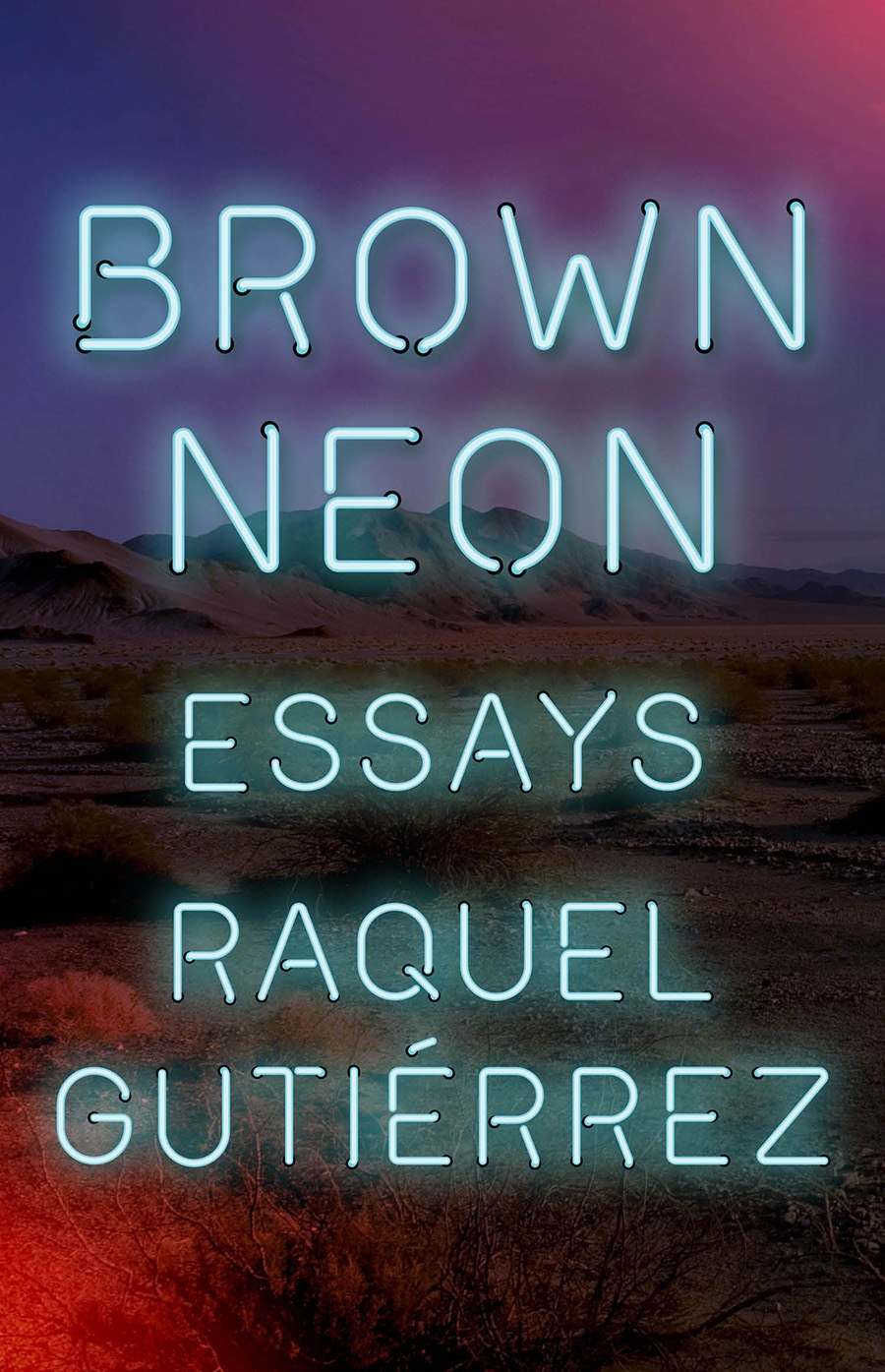

Most ebook files are in PDF format, so you can easily read them using various software such as Foxit Reader or directly on the Google Chrome browser.
Some ebook files are released by publishers in other formats such as .awz, .mobi, .epub, .fb2, etc. You may need to install specific software to read these formats on mobile/PC, such as Calibre.
Please read the tutorial at this link: https://ebookbell.com/faq
We offer FREE conversion to the popular formats you request; however, this may take some time. Therefore, right after payment, please email us, and we will try to provide the service as quickly as possible.
For some exceptional file formats or broken links (if any), please refrain from opening any disputes. Instead, email us first, and we will try to assist within a maximum of 6 hours.
EbookBell Team

0.0
0 reviewsPart butch memoir, part ekphrastic travel diary, part queer family tree, Raquel Gutiérrez’s debut essay collection. A meditation on southwestern terrains, intergenerational queer dynamics, and surveilled brown artists that cross physical and conceptual borders.
"Singular and inimitable.... focusing much of the collection on the physical land that has alternately sustained, commodified, and criminalized so many modes of being.” - Emma Specter, Vogue
Brown Neon gleans insight from the sediment of land and relationships. For Gutierrez, the terrain is essential to understanding that no story, no matter how personal, is separate from the space where it unfolds. Whether contemplating the value of adobe as both vernacular architecture and commodified art object, highlighting the feminist wounding and transphobic apparitions haunting the multi-generational lesbian social fabric, or recalling a failed romance, Gutiérrez traverses complex questions of gender, class, identity, and citizenship with curiosity and nuance.
"In these essays by a poet, arts writer, and self-identified ‘queer brown butch,’ encounters in Los Angeles and the Southwest with aging punks, border activists, lesbian legends, and others give rise to explorations of Latinx identity, cultural resistance, and the role of art... The landscape cannot be separated from its history of violence, and there is no desert vista ‘that doesn’t have the uncanny attached to it." - The New Yorker
Whether contemplating the value of adobe as both vernacular architecture and commodified art object, exhuming areas of transphobia in second-wave feminism, or recalling how one of their own romances unravelled, Raquel Gutiérrez traverses complex questions of gender, class, identity, and citizenship with curiosity, nuance, and a gust of desert air.